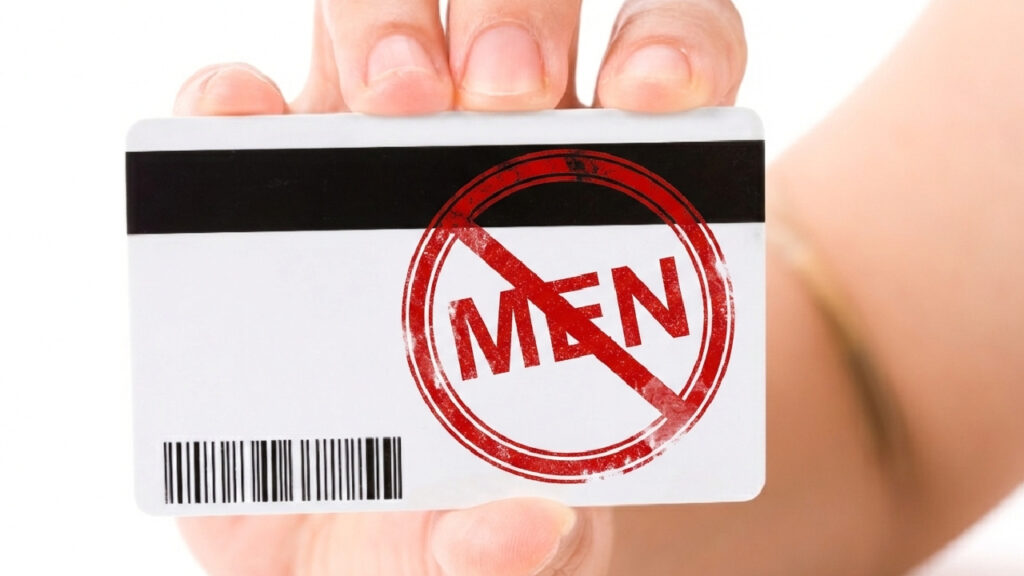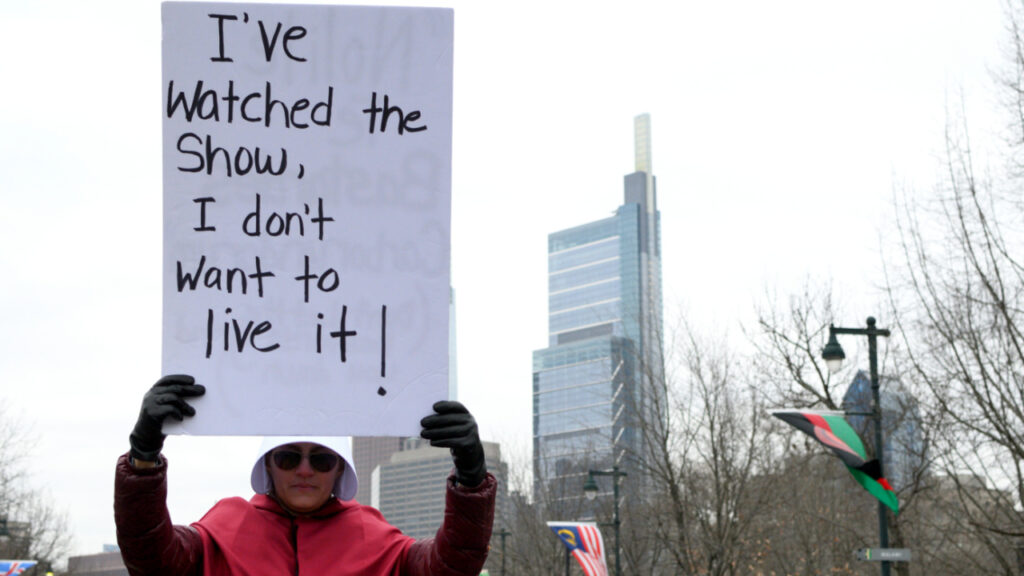
Kehlani Is the Latest Voice Silenced for Saying What Too Many Won’t About Gaza
Kehlani’s activism just cost her another stage—but this time, she’s speaking louder than ever.
The Grammy-nominated singer was set to headline Cornell University’s Slope Day concert this spring, a major event that marks the end of classes for undergrads. But that invitation was abruptly rescinded, according to a statement from Cornell President Michael Kotlikoff, who claimed that Kehlani had “espoused antisemitic, anti-Israel sentiments in performances, videos, and on social media.”
Kehlani quickly addressed the accusation in a video posted online. “I am not antisemitic, nor anti-Jew,” she said.
She added, “I am anti-genocide. I am anti the actions of the Israeli government. I am anti the bombing of innocent children, men, women. That’s what I’m anti.”
Her comments echoed sentiments she’s shared in the past, including her widely shared 2024 video “Next 2 U,” which opened with the words “Long live the intifada” and featured Palestinian flags and keffiyeh-inspired fashion.
Kehlani’s support for Gaza is part of a broader movement
Kehlani’s position on Gaza has been consistent, even when it’s come at a cost. As reported by Pitchfork and The Guardian, pro-Israel groups at Cornell protested her inclusion in the Slope Day lineup, citing her visual and lyrical support for Palestinian liberation. Their petition helped spark university backlash.
But Kehlani is far from alone. Garbage, Massive Attack, and Vic Mensa are among the artists who’ve publicly backed her—and Palestine. Mensa, in particular, praised Kehlani’s courage in a recent Instagram post, writing: “My baby can’t eat beliefs… but my silence eats me from within.” He called her stance a form of sadaqah—“giving from what you value most.”
Kehlani isn’t just facing criticism—she’s facing cancellations
Following the Cornell decision, Kehlani has reportedly had other performances cancelled or postponed, including a New York City event and an upcoming festival appearance at empowHER in Los Angeles. Organizers of the latter cited “security and safety” concerns.
The cancellations aren’t happening in a vacuum. As The Guardian and NPR reported, pro-Palestine artists across the U.S. are being targeted—from the Irish rap group Kneecap, whose Coachella set was condemned by media figures and politicians, to activists losing gigs or support after voicing solidarity with Gaza.
Kehlani’s recent setbacks come amid a growing climate of censorship, fueled by political pressure. The Trump administration recently froze over $1 billion in federal funding for Cornell and issued stop-work orders to over 75 of its grants, alleging antisemitism on campus. Many see these actions as attempts to suppress criticism of Israel’s military actions.
This moment is bigger than Kehlani
Kehlani’s removal from Slope Day isn’t just about one artist—it’s about what artists of color risk when they speak up. Her video response cut through the noise: “I am anti an extermination of an entire people.”
As Billboard reported, she’s previously said her art and activism come from a place of moral clarity. And as Mensa pointed out, that clarity requires sacrifice. “Kehlani’s worth isn’t tethered to industry gatekeepers,” he wrote. “It lives in the hearts of those who recognize her soul.”




